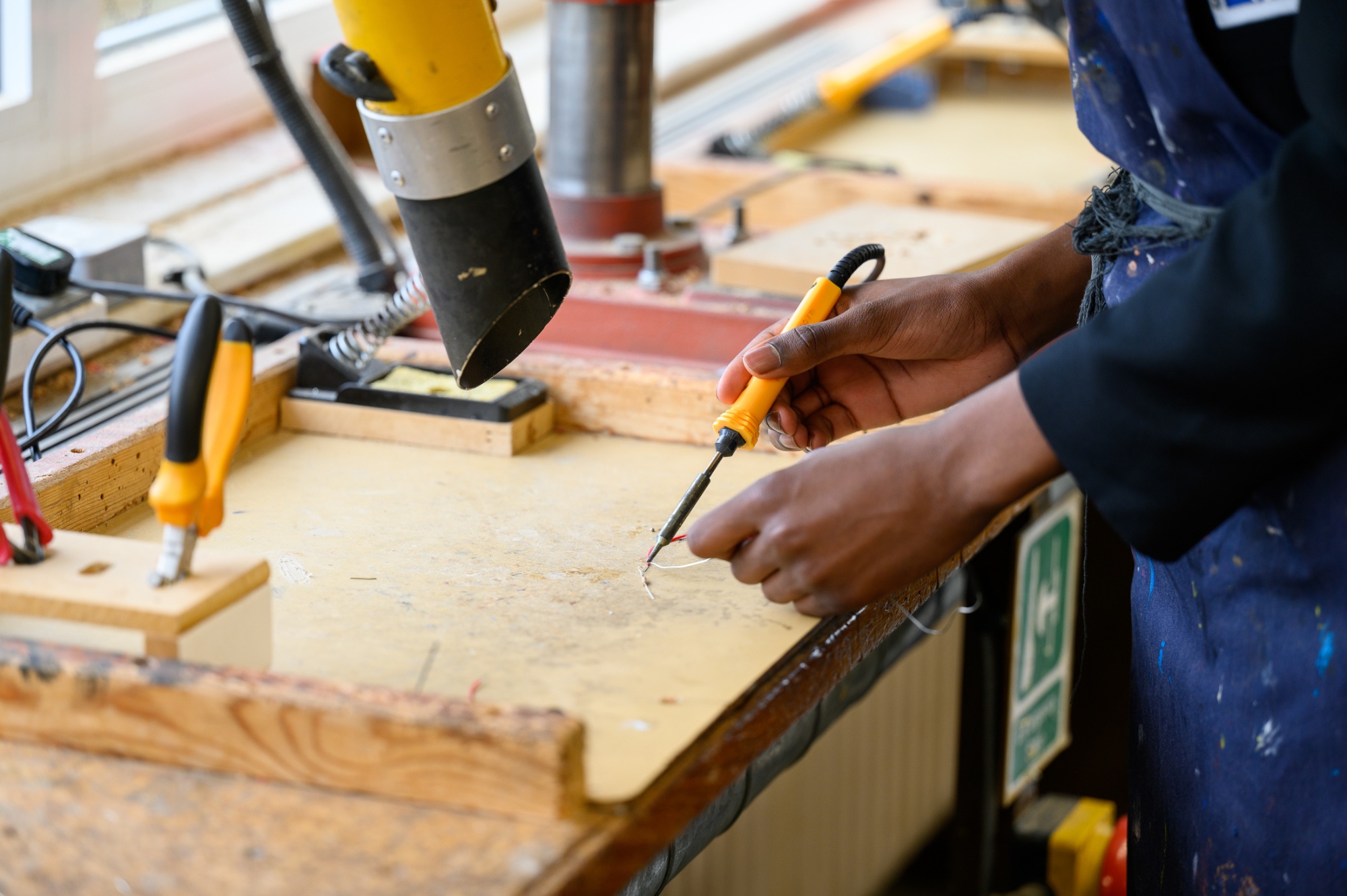Technical Qualifications
What are Technical Qualifications?
Simply put, Technical Qualifications are courses that teach you practical skills and knowledge for a specific job or industry. Think of them as a more hands-on way of learning, often with real-world experience built in.
You might have heard of some of them already, like:
- BTECs
- T-Levels
- Apprenticeships (which combine work and study)
- Other vocational qualifications
These aren't your traditional A-Levels, though some can be studied alongside them. Instead of focusing purely on exams and essays, Technical Qualifications get you stuck into projects, practical tasks, and sometimes even work placements with actual employers!
Why Consider Technical Qualifications?
There are loads of great reasons to think about a technical route:
- Get Job-Ready: You'll learn the specific skills employers in certain industries are looking for. This can give you a head start in your chosen career.
- Hands-On Learning: If you learn best by doing, these qualifications are perfect. Less textbook, more action!
- Real-World Experience: Many courses include work experience or projects linked to real businesses. This looks amazing on your CV!
- Clear Career Paths: Technical qualifications are often designed with specific careers in mind, like engineering, IT, construction, healthcare, hospitality, creative media, and many more.
- Different from A-Levels: They offer a different way to learn and be assessed, which suits many students better than a purely academic route.
- Pathways to Uni or Higher Apprenticeships: Completing a Technical Qualification doesn't mean you can't go to university. Many Level 3 qualifications (like T-Levels and some BTECs) earn you UCAS points, just like A-Levels. You can also progress to higher or degree apprenticeships.
Who are they for?
Technical Qualifications could be a great fit if you:
- Have a clear idea of the sort of job or industry you're interested in.
- Enjoy practical work and learning by doing.
- Want to gain skills that are directly relevant to the workplace.
- Are looking for a strong alternative to A-Levels that can still lead to university or skilled employment.
How to find out more
- Talk to your careers advisor at school. They'll have loads of info on the options available to you.
- Visit college websites and open days. Colleges often specialise in these types of courses.
- Check out the National Careers Service website. It has a wealth of information on different qualifications and career paths.
- Look into specific industry bodies. If you know you're interested in, say, engineering, see what qualifications their websites recommend.
Don't be afraid to explore all your options! Technical Qualifications offer exciting and valuable routes to a successful future.






